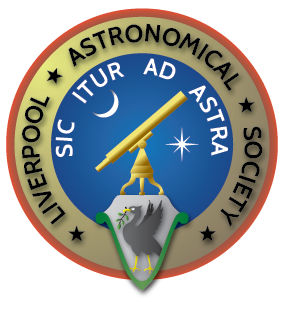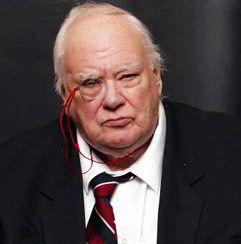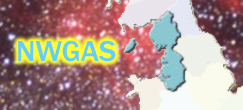There’s a great podcast called AstronomyCast which I’ve been listening to lately and I thought you all may be in interested in.
You don’t need to have any fancy podcast device like an iPod – the files are just normal MP3s which can be opened on virtually any computer without special software, and also on many mobile phones these days.
Their main website is http://www.astronomycast.com/ or the full episode archive is at: http://www.astronomycast.com/archive/
Each episode is about 40 minutes long, and they cover a different topic each time. Occasionally they will go back and revisit topics, especially if people have written in with questions asking for more info. They also sometimes have episodes devoted to questions people have asked, which I always find interesting.
The show is hosted by Fraser Cane of Universe Today and Dr. Pamela Gay of Southern Illinois University Edwardsville.
They’ve covered all sorts of areas, from the Big Bang, to the birth of Solar System, to the entropy death of the Universe, with lots of stops along the way for things like each of the planets and several of the major moons, Gravitational Waves, Hubble (the person and the telescope, separately), tidal forces, wave-particle duality, Astrometry, pulsars, quasars, black holes, nebulae and much more.
I hope you find their shows as interesting as I do!




















